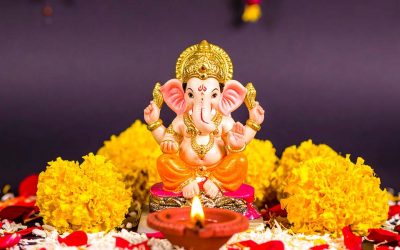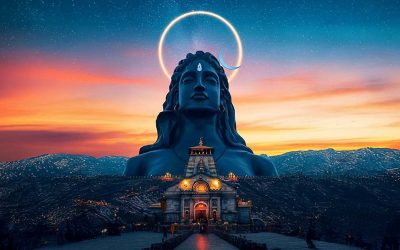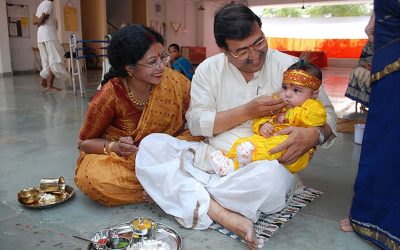The Rituals and Symbolism Behind Bhagavathi Seva
Introduction
Bhagavathi Seva is a revered ritual observed in various parts of India, predominantly in Kerala, dedicated to the worship of Goddess Bhagavathi, a manifestation of Devi or the divine feminine energy. This ritual holds deep cultural, religious, and spiritual significance among devotees, symbolizing devotion, protection, and empowerment.
Historical and Cultural Significance
The roots of Bhagavathi Seva can be traced back to ancient Hindu traditions and mythology. Goddess Bhagavathi is venerated as a powerful and benevolent deity, embodying strength, courage, and compassion. The ritual is a testament to the rich cultural heritage, traditions, and beliefs passed down through generations.

Rituals and Observances
Bhagavathi Seva is characterized by a series of elaborate rituals and observances performed by priests and devotees. The preparations commence with meticulous cleansing and decorating of the temple or sanctum where the ritual will take place. Offerings such as flowers, fruits, incense, and traditional lamps are arranged as a mark of reverence and devotion.
The main ritual involves chanting of hymns, mantras, and the recitation of sacred texts dedicated to Goddess Bhagavathi. Devotees offer prayers seeking the goddess’s blessings for protection, prosperity, and spiritual well-being. The atmosphere is often filled with the melodious tunes of traditional instruments and bhajans, creating an ambiance of divine fervor.
Symbolism and Spiritual Significance:
Bhagavathi Seva is laden with symbolism, each ritual element carrying deep spiritual significance. The goddess is revered as the embodiment of shakti or divine energy, symbolizing the feminine power that nurtures and protects. The rituals performed during the Seva represent the eternal cosmic cycle and the interconnectedness of all beings with the divine.
The lighting of traditional lamps signifies the dispelling of darkness and ignorance, ushering in light, knowledge, and spiritual awakening. The recitation of sacred mantras invokes the goddess’s grace and blessings, fostering inner strength and courage among devotees.

Modern Observations and Relevance:
In contemporary times, Bhagavathi Seva continues to be observed with fervor and devotion. Temples and communities organize the Seva, bringing devotees together to celebrate the divine presence of Goddess Bhagavathi. The ritual serves as a unifying force, transcending barriers and fostering a sense of spiritual connection.
Conclusion
Bhagavathi Seva stands as a significant cultural and spiritual ritual, honoring the divine feminine and invoking blessings for devotees seeking protection, strength, and spiritual enlightenment. This revered practice remains a cornerstone of Hindu tradition, imparting wisdom, devotion, and divine grace to those who participate.






